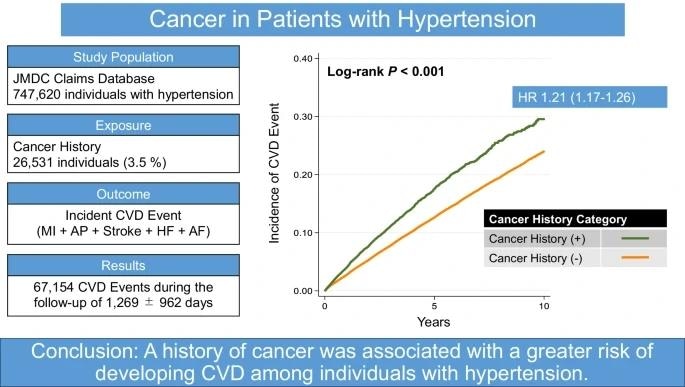A study published in the journal Hypertension Research reveals that having a cancer history can increase the risk of cardiovascular disease in individuals with hypertension.
 Study: Risk of cancer history in cardiovascular disease among individuals with hypertension. Image Credit: Black Salmon / Shutterstock
Study: Risk of cancer history in cardiovascular disease among individuals with hypertension. Image Credit: Black Salmon / Shutterstock
Background
A growing pool of evidence highlights the link between hypertension and cancer since both hypertension and cancer risks increase with advancing age, and that certain anti-cancer medications increase the risk of hypertension.
Several epidemiological studies have found that hypertension can increase the risk of certain types of cancers and that individuals with a cancer history are more likely to develop cardiovascular complications.
Given the potential link between the risks of hypertension, cardiovascular disease, and cancer, the scientists in this study have assessed the risk of cardiovascular disease events in hypertensive individuals with a history of cancer.

Study design
The study population included 747,620 individuals who were diagnosed with hypertension between January 2005 and May 2022. Patient information was collected from the JMDC Claims Database, a nationwide healthcare database in Japan.
Appropriate statistical analyses were conducted to determine the risk of Composite cardiovascular disease events, including myocardial infarction, angina pectoris, stroke, heart failure, and atrial fibrillation, based on the participant’s history of cancer and chemotherapy.
A history of cancer was defined as being diagnosed with malignancies before the initial health check-up.
Self-reported information on comorbidities (obesity, diabetes, and dyslipidemia), alcohol intake and smoking status, and physical activity level was collected from participants during the health check-up.
Important observations
A total of 26,531 individuals with a history of cancer were identified from the entire study population of 747,620 participants with hypertension. Participants with a history of cancer were more likely to be older adults, less likely to be men, and more likely to have diabetes. In contrast, participants without a history of cancer were more likely to have obesity and current smoking status.
A total of 67,154 composite cardiovascular disease events were detected during the study follow-up period until May 2022. Hypertensive patients with a history of cancer showed a significantly higher risk of developing composite cardiovascular disease events. However, the risk of developing myocardial infarction was not statistically significant.
The highest risk of developing cardiovascular disease events except myocardial infarction was observed among cancer survivors who received chemotherapy compared to those who did not receive chemotherapy or those without a history of cancer.
Regarding myocardial infarction, a higher risk was observed among cancer patients receiving chemotherapy compared to those without a history of cancer.
Five types of cancers, including colorectal cancer, prostate cancer, stomach cancer, renal, pelvic, and ureteral cancer, and lung cancer, showed the highest prevalence in men. In women, the highest prevalence was observed for breast cancer, colorectal cancer, thyroid cancer, corpus uteri cancer, and cervix uteri cancer.
A significantly higher risk of composite cardiovascular events was observed among men with a history of lung cancer and women with a history of breast cancer compared to those without a history of cancer.
A sensitivity analysis conducted after adjusting for age, sex, smoking status, alcohol intake, and physical inactivity showed a similar positive association between having a cancer history and risk of composite cardiovascular disease events.
Study significance
The study finds that hypertensive patients with a history of cancer have a higher risk of developing various cardiovascular disease events than those without a history of cancer. The risk of cardiovascular disease events is even higher in cancer patients receiving chemotherapy.
The study findings highlight the need for early screening of cancer in patients with hypertension. Physicians should manage hypertensive individuals more carefully as cancer comorbidity not only adversely affects cancer mortality but also significantly increases the risk of cardiovascular disease.
The coexistence of cancer and hypertension is a significant public health crisis in Asian countries. Implementation of appropriate healthcare policies is needed to prevent detrimental cardiovascular health consequences, particularly in developing countries with advanced aging.








 User Center
User Center My Training Class
My Training Class Feedback
Feedback












Comments
Something to say?
Login or Sign up for free